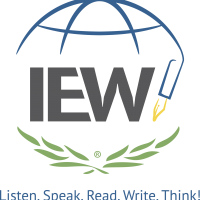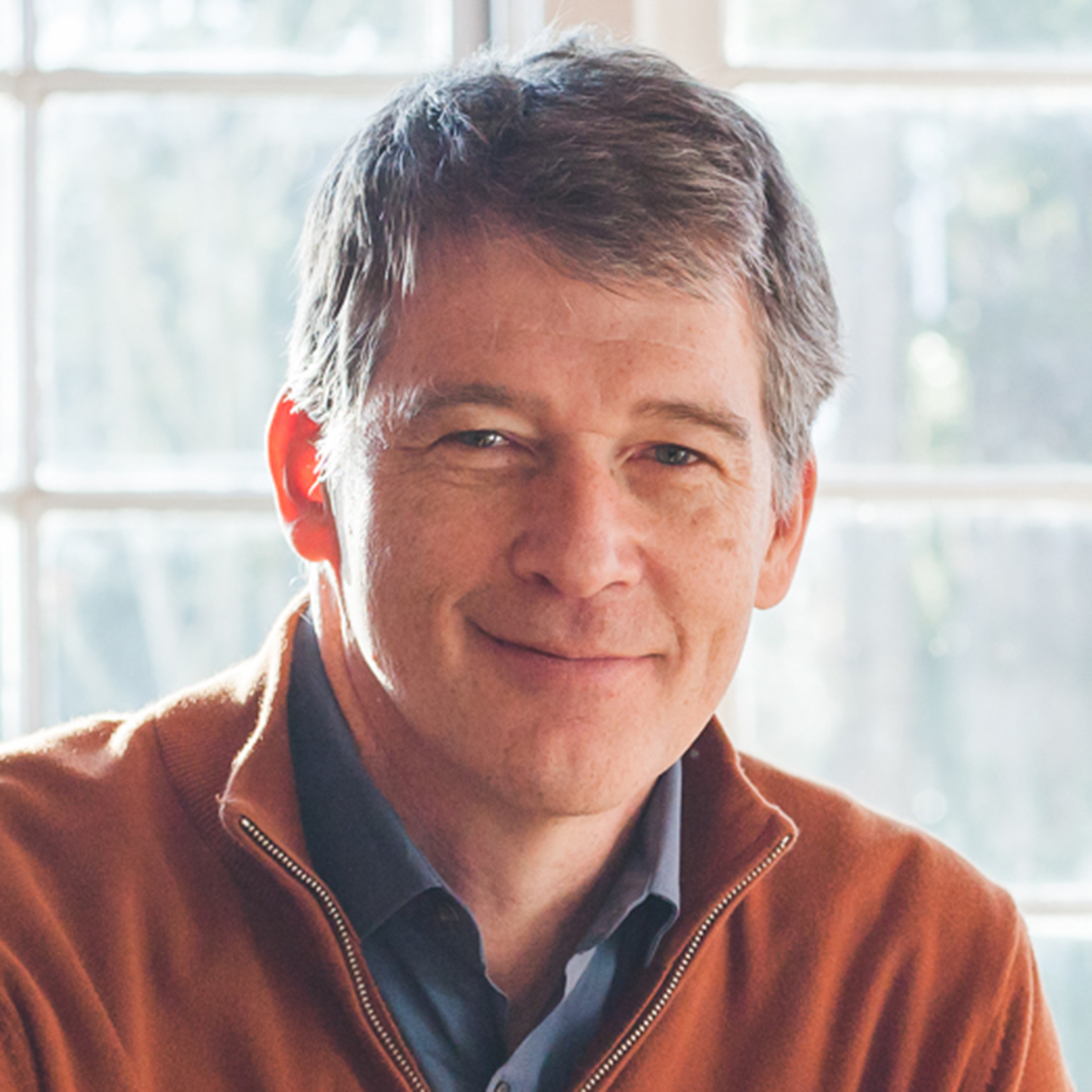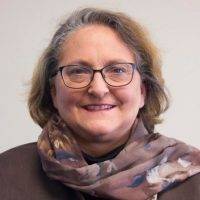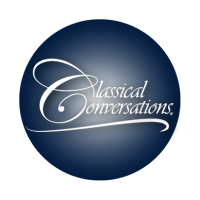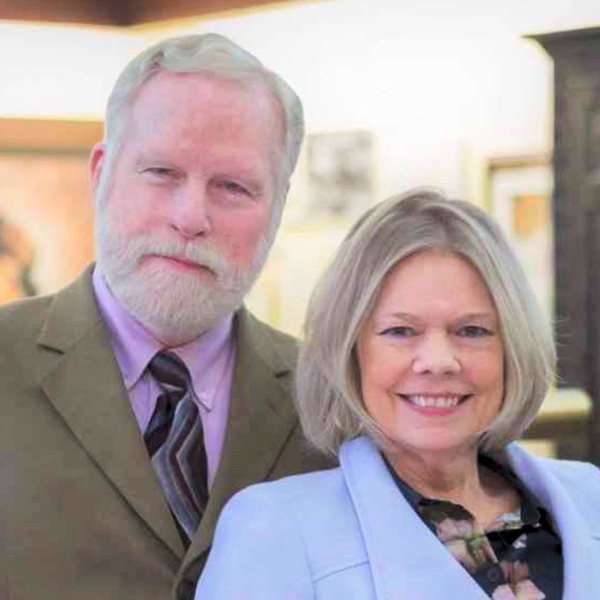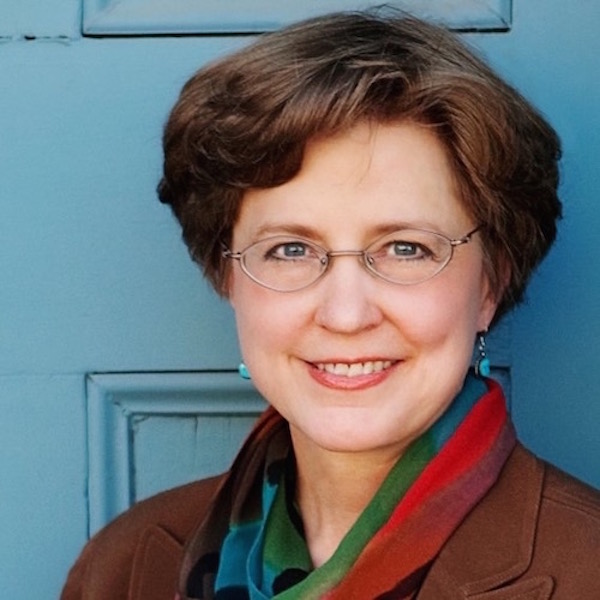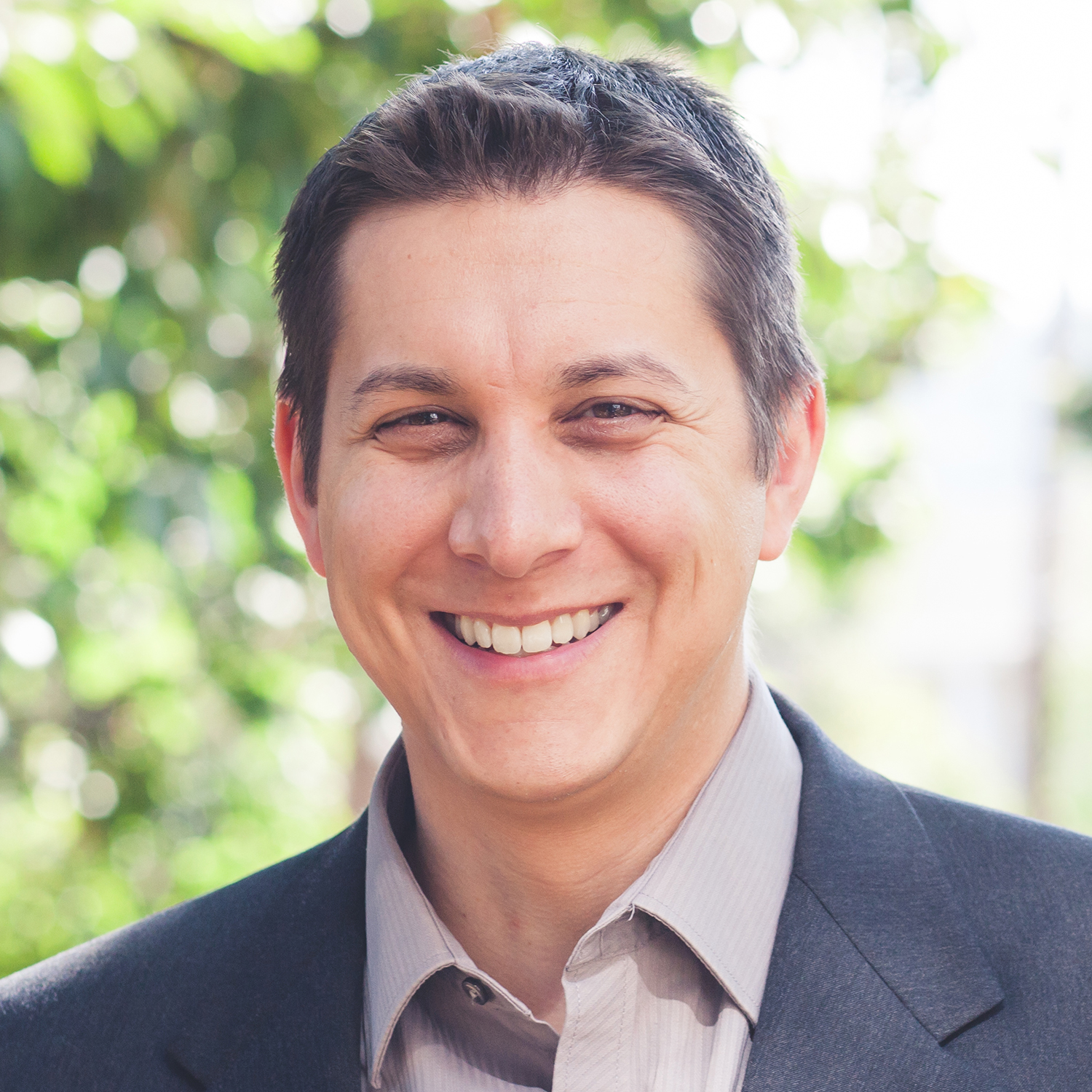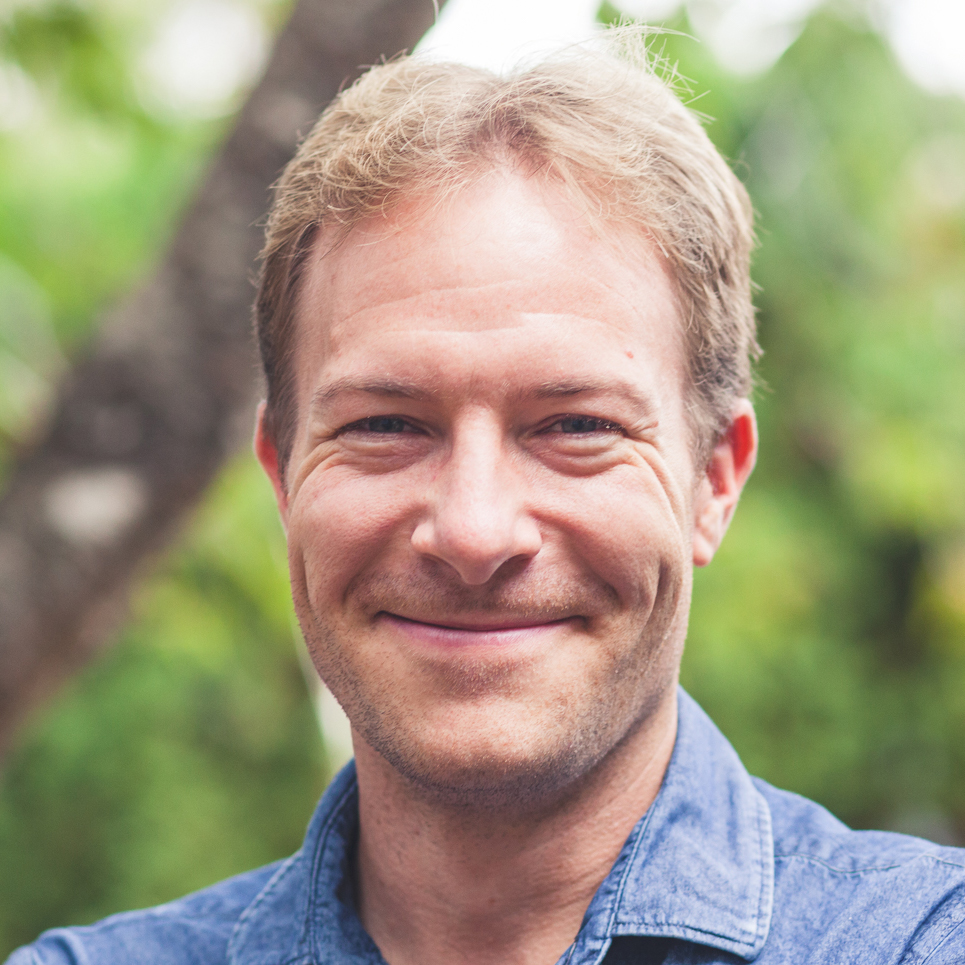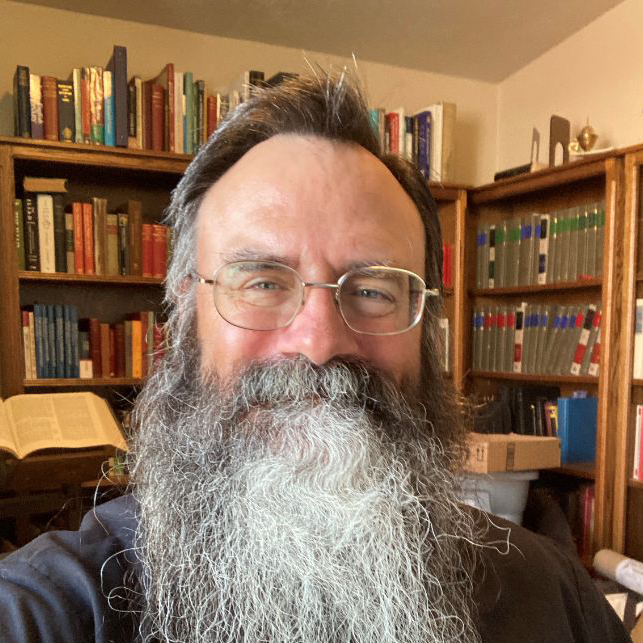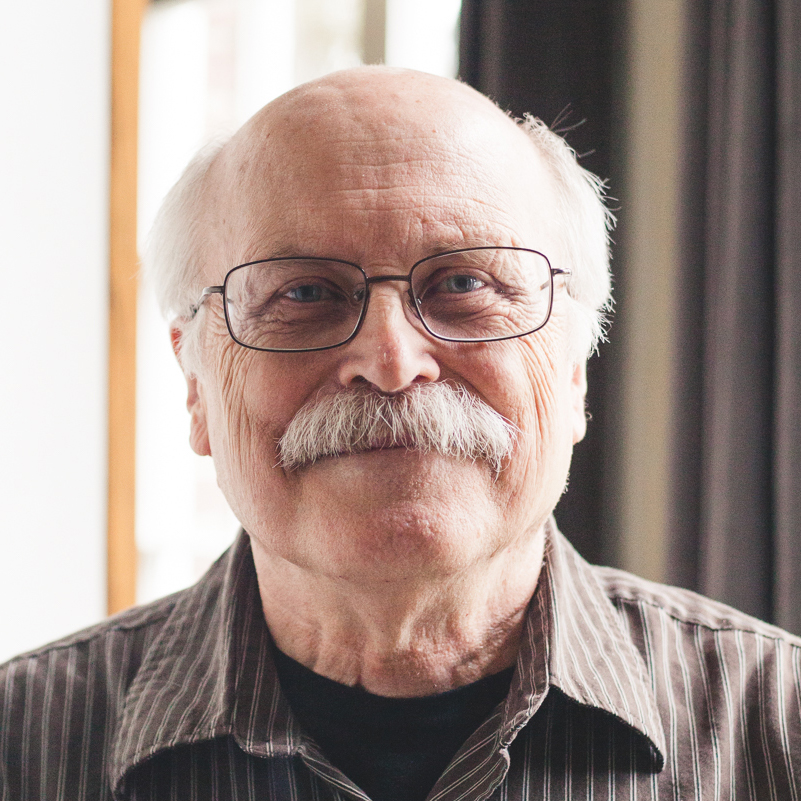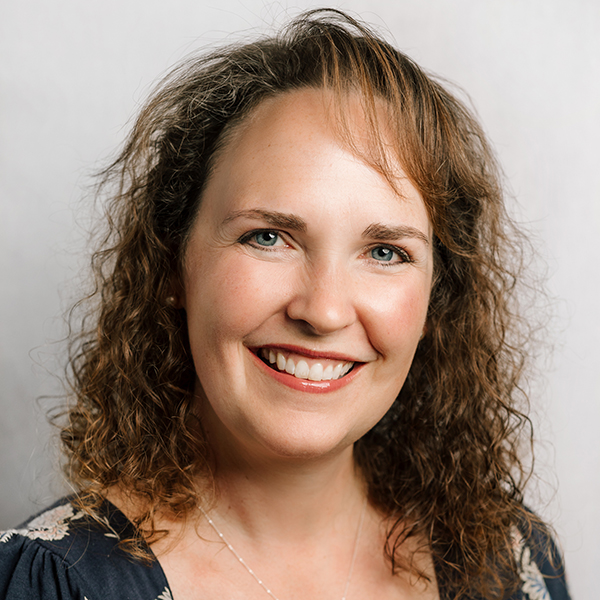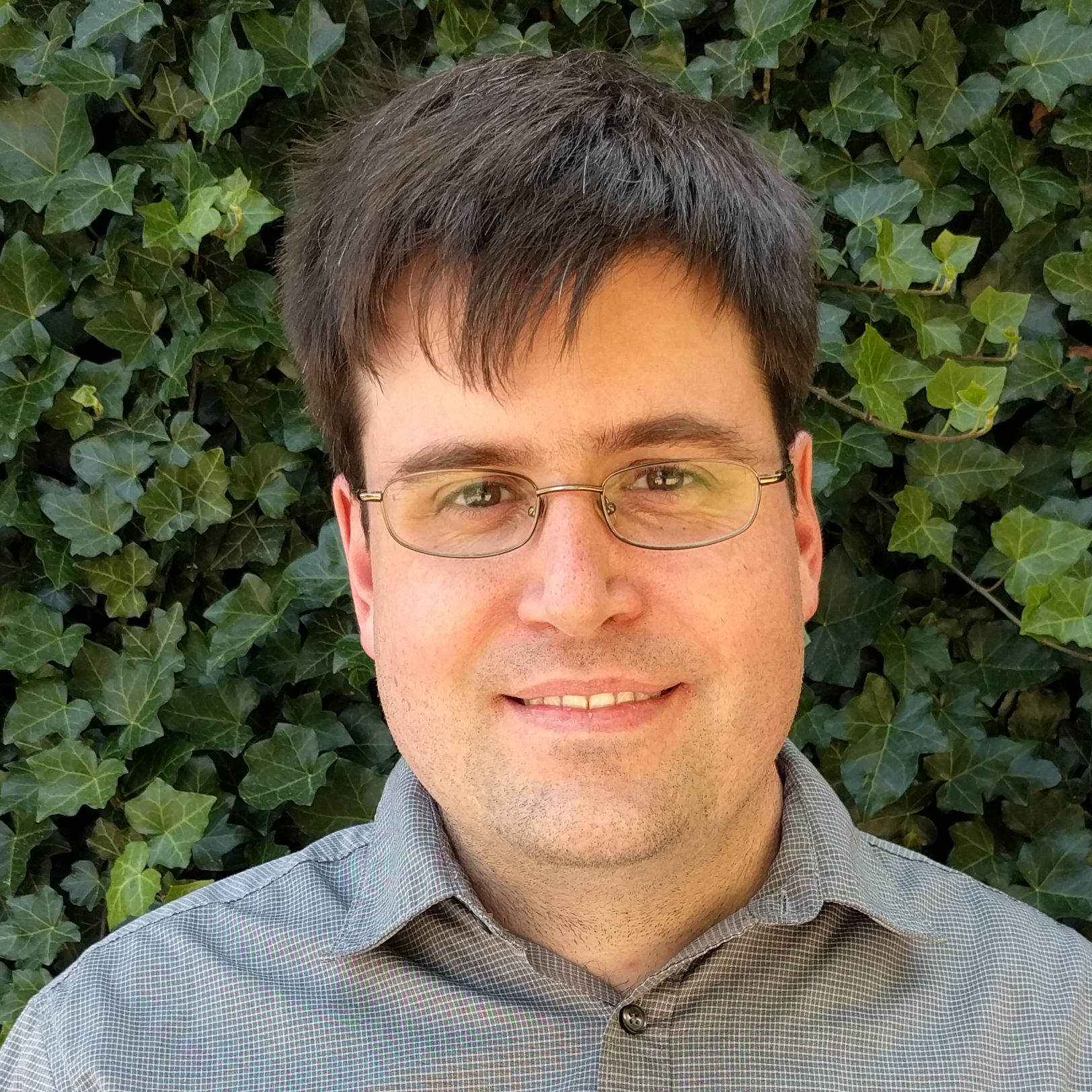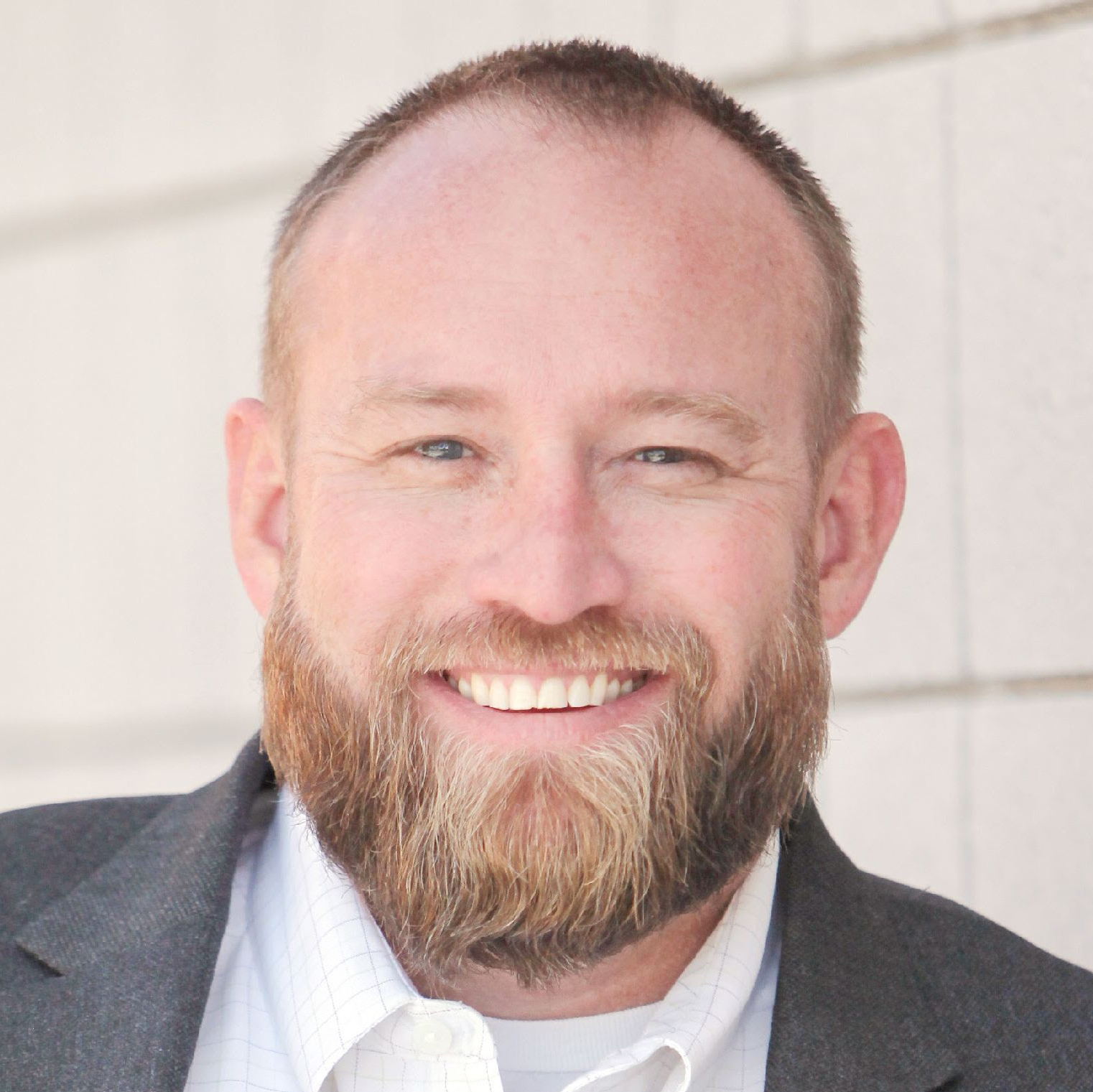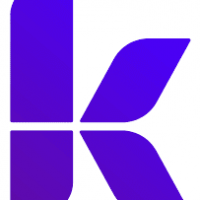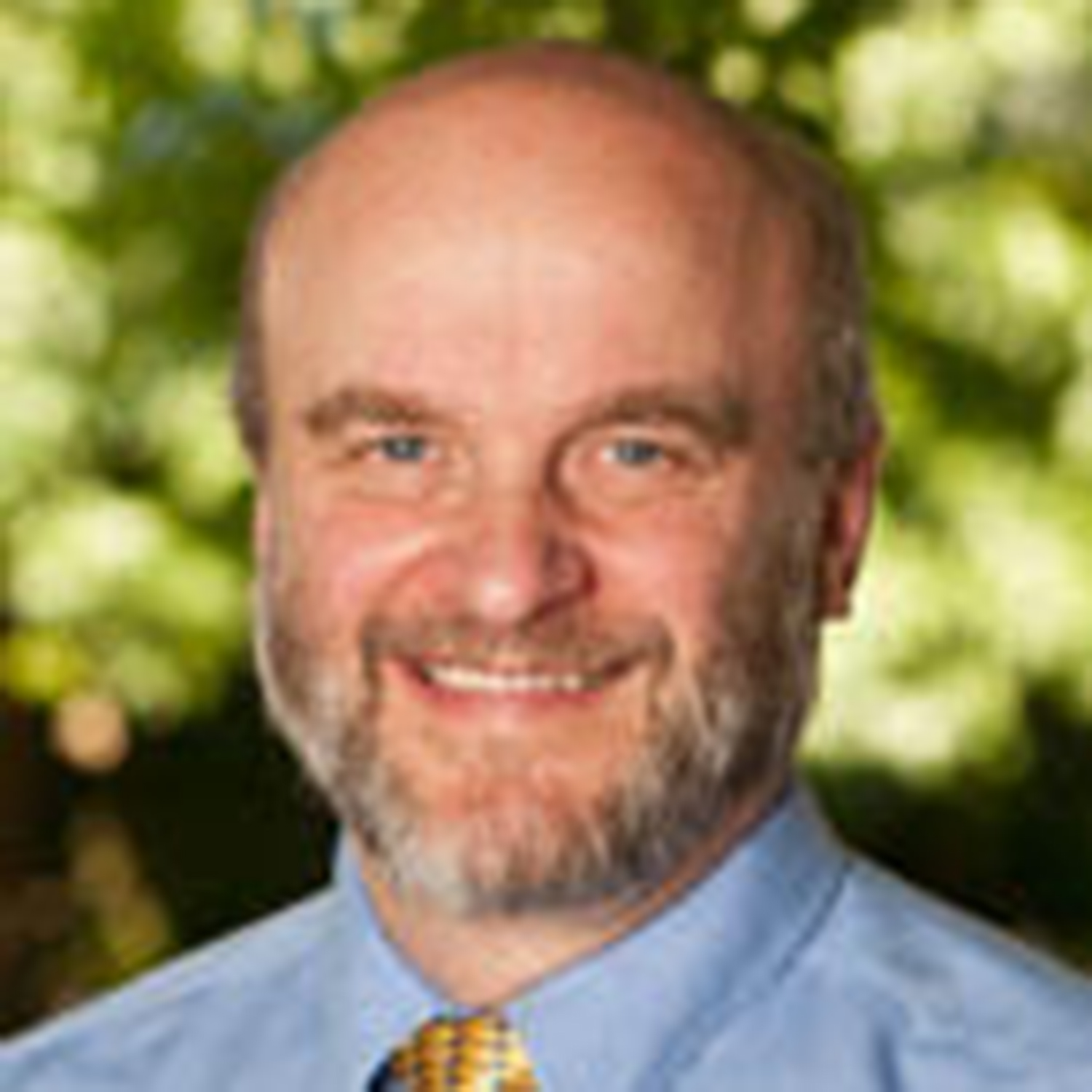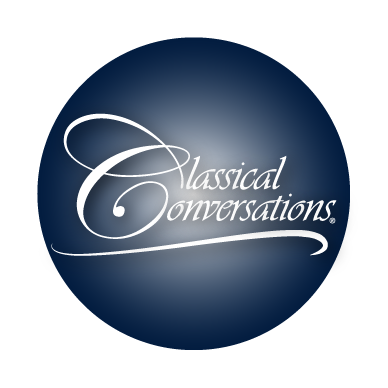September 9-11, 2021
In the predominant view of education, the student’s primary job is to consume and store information, much like a computer. But such a view misses the true nature of learning. Learning is a dynamic process in which a student, like an apprentice, slowly builds skills and knowledge, constantly self-correcting toward mastery and a sound worldview. A key component of the process—frequently overlooked in modern education—is a student’s moral orientation toward truth. In this conference, we will explore the art of learning through talks and breakout sessions in order to become better learners and better teachers.
Plenary Talks / Speakers
Mastery Learning, Ability Development, and Individualized Education
What is mastery learning, and how does it relate to education? Andrew will explain the methods, goals, and benefits of the ability-development model as developed by Dr. Shinichi Suzuki and discuss applications of the model to disciplines other than music along with potential obstacles to successful implementation. Come and hear how, as Dr. Suzuki puts it, “Every child can learn,” and how you can create success in areas where you or your children have struggled in the past.
More Than We Can Tell: The Art of Knowing
Chemist, economist, and philosopher Michael Polanyi said, “We know more than we can tell.” Below the surface of this simple sentence is the secret to our rich, interwoven, mental tapestry from which we derive knowledge, intuition, learning, logic, language, reason, and a search for order. In this talk, Chris will explore two types of knowing: that which we cannot tell and that which we can. Understanding these two types of knowing and the interrelation between them provides a critical insight into teaching and learning for all ages and all subjects.
Big Heads on Little Bodies
Were you ever sure you had taught something to your children only to discover they hadn’t learned a thing? It’s tough for children to fit into adult expectations, and it’s even harder for adults to remember little bodies have little heads! Leigh used to remind herself of this by saying to her youngest son, “Can you just be 30 years old for a minute?” when she was frustrated with him. (She says he learned and started saying to her, “Can you buy this for me before I no longer want it?”) Come enjoy more real-life wisdom as Leigh explores ways to bridge knowledge gaps between tutor and student, adults and children.
The Truth or Nott
C. S. Lewis and Dorothy Sayers only appeared in public together one time, on October 24, 1954. They were together to debate humanist/atheist Kathleen Nott, who had attacked them both (as well as T. S. Eliot and W. H. Auden) in a mean-spirited book titled The Emperor’s Clothes. Nott was a no-show at the event, claiming a last-minute illness, so Lewis and Sayers extemporaneously took questions from the audience. No one took notes on the event, but David and Crystal will present their imaginative recreation of Lewis and Sayers’s Q & A session before a “packed and lively audience.”
Test Everything: Equipping Students for the Pursuit of Truth
How can Christian colleges equip students with the skills to think critically about the many competing worldviews they encounter? In Romans 1, Paul offers the Bible’s own missionary manual. In this presentation, based on her book Finding Truth, Nancy Pearcey shows how Christian teachers can “translate” Paul’s insights into a powerful strategy for critical thinking. Students no longer have to memorize arguments; they simply need to master a single plan of action that has the strength of being firmly rooted in Scripture.
Fostering the Allure of Learning
This talk will explore Antoine de Saint-Exupéry’s observation: “If you want to build a ship, don’t drum up people to collect wood and don’t assign them tasks and work, but rather teach them to long for the endless immensity of the sea.” Students absorb knowledge about—they learn about—what they love. They do not learn unless the information is meaningful and captures their imagination. John will explore the epistemic role of love in teaching and the teacher’s responsibility to foster the allure of learning, which requires engaging the student’s imagination and communicating one’s passion and love for the subject. Before students are going to learn, the teacher must first inspire love for the material, which requires engaging the liberal arts “why” prior to the subject matter “what.” Only after the imagination establishes the necessary conditions for learning is reason usefully engaged. Missing the first step leaves the student stranded on the far side of the river without a bridge.
Learning as an Act of Will
Breakout Sessions / Speakers
Participants can select from a variety of talks or join a discussion section. In the talks, educators will speak on the particulars of various subject areas and offer insights about how to think about them and teach them in a classical model. In the discussion sections, attendees will participate in a discussion on a short text and then explore methods for discussion leading.
Sponsors of Gutenberg’s 2021 Education Conference




